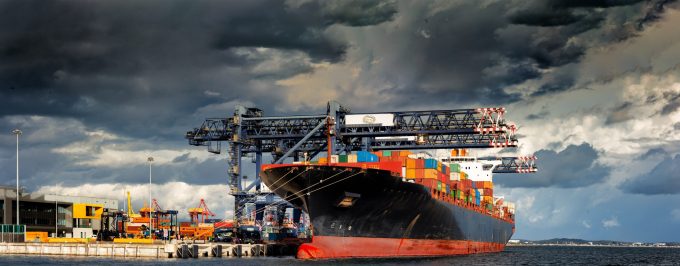Red Sea attacks on ships could continue, despite Gaza ceasefire
Despite a lull in attacks on shipping this month, Houthi suggestions are that they may ...

As well as large-scale catastrophes ,such as in Vancouver recently, the increasing frequency of freak weather events due to climate change is translating into a rising level of risk to cargo, says insurer TT Club.
Cargo handling facilities in the tropics well understand the risk of hurricanes and cyclones, for example, but as TT Club MD loss prevention Mike Yarwood explained to The Loadstar, freak weather is starting to affect areas where it has not been anticipated.
“The underlying data shows that ...
Outlook for container shipping 'more uncertain now than at the onset of Covid'
Transpac container service closures mount
Shippers warned: don't under-value US exports to avoid tariffs – 'CBP will catch you'
Cancelled voyages take the sting out of spot rate declines this week
New Houthi warning to shipping as rebel group targets specific companies
K+N CEO unveils impact of US import tariffs on China-origin goods
Blanked sailings in response to falling demand 'just a stop-gap solution'
CMA CGM to reflag box ship as the French carrier eyes growing Indian market

Comment on this article